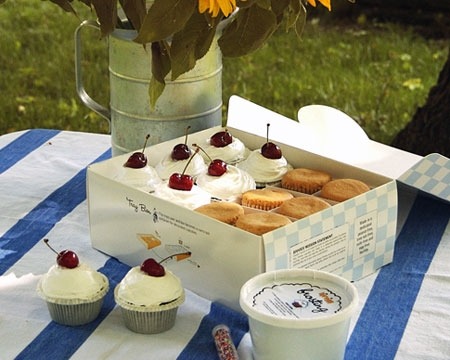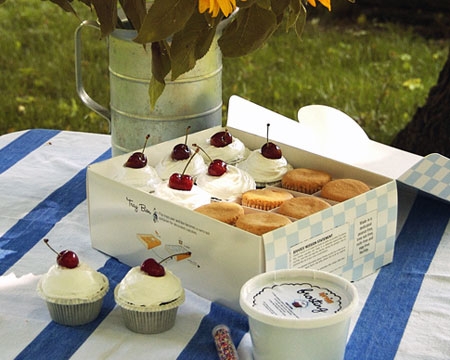Host An Allergy-Free Party
More than 15 million Americans have food allergies, according to the Food Allergy & Anaphlaxis Network, and the population of those allergic to foods like peanuts, milk, and gluten is continuing to grow. In the last decade alone, the numbers for children have tripled, prompting peanut butter bans in many school lunchrooms, and spurring the increased availability of substitutes for foods like milk and wheat in many restaurants and markets.
For those entertaining at home, hosting a guest with an allergy can be challenging, even scary, if the allergy prompts a lethal reaction. And, for guests, the inability to eat corn, gluten, and dairy might be enough to prompt one to turn down an invitation to a dinner party (it's been done). But entertaining those with food allergies doesn't have to be difficult — it can be a learning opportunity for both guest and host that is doable and stress-free, when armed with the right information.
As the parent of a child with life-threatening food allergies, Lori Sandler knows how hard it can be to continually remind a child about food restrictions. Tired of saying no to cupcakes, candy, and cake at parties, Sandler and her husband started Divvies, a bakery (and now cookbook) selling an array of dairy-, nut-, and egg-free cupcakes, cookies, and treats. "Parties can be a wonderful opportunity to turn a potentially isolating experience into one where everyone has fun and feels included," says Sandler — whether you're the one with the allergy or not. She has shared some helpful tips for both hosts and guests to ensure your next allergy-free party is a success. (Photo courtesy of Divvies)
When planning a party, the first thing a host can do is inquire about food allergies or intolerances when sending out invitations. It is the guest's responsibility to let their host know if there is anything they can't eat — and how serious the situation is. And as a guest, don't let a fear of inconveniencing the host stop you from disclosing a list of restrictions, either. The host wants everyone to feel included, regardless of what can be eaten (or not). They're more apt to be insulted by a guest who doesn't eat what is served than a guest who shares their restrictions as soon as the dinner invitation is accepted. "Just don't just rattle off what you can't eat and then expect the person on the other end of the phone to deal gracefully with this sudden dearth of menu options," adds Sandler — unless you never want to be invited back.
What You Can Do as a Host
• Ask questions about what can or can't be eaten — or if foods in the pantry need to be kept out of reach.
• Review the menu, including brands and sources of foods you're planning on serving, with the allergic guest (or their parents).
• Say "yes" if your guest offers to bring allergen-free dishes and desserts, and ask them to bring enough for all to share.
• Be prepared and have appropriate safe, delicious, and allergen-free treats on hand that everyone can enjoy together.
• Keep the focus off food. For parties, create a special theme that is meaningful and fun for all. Same goes for activities — instead of cookie decorating or a pizza party, consider crafty activities or a scavenger hunt.
• Be sensitive. Don't bring unnecessary and unwanted attention to what your guest can or can't eat.
• Ask for in-case-of-emergency numbers, if entertaining children.
• Inquire about any medications, if necessary, and instructions for use.
• Have an Epi-Pen in the house.
What You Can Do as a Guest (or Parent of a Child with Allergies)
• Communicate any allergies to your host in a positive manner, and well in advance of the party.
• Suggest simple and easy ingredient alterations to menu items, if necessary.
• Offer to bring an addition to the menu, or snacks, that you can enjoy and share with everyone else (serving platter, too).
• If bringing food, arrive early so it doesn't look as though the host passed most of the work onto you. And make it look good so it dazzles other guests, too.
• Don't take over — it's not your party. So don't try to replace your host's buttercream cake that has been a birthday tradition since the family came over on the Mayflower.
• Follow up after the party with a thank you. A hand-delivered note would be great, or a little gift, like gourmet ground coffee and a special mug, or something homemade.

